The first surprise in September was warmly received by this conscience-made film.

Text | Ten o’clock movie original
I have seen it in advance, and I haven’t recovered for several days at ten o’clock.
Sometimes my heart is surging, and sometimes my eyes are full of tears.
Every time I think back, I will shed my own tears because of this story of others.
In the comment area,"Sincerity, delicacy and warmth", has become a common feeling for all.

Some people say: after reading it, there is a kind of warmth that goes straight to the heart.
Look, its title has been intimately told to us.
This is a journey of "loss and search", with a beginning and an end-
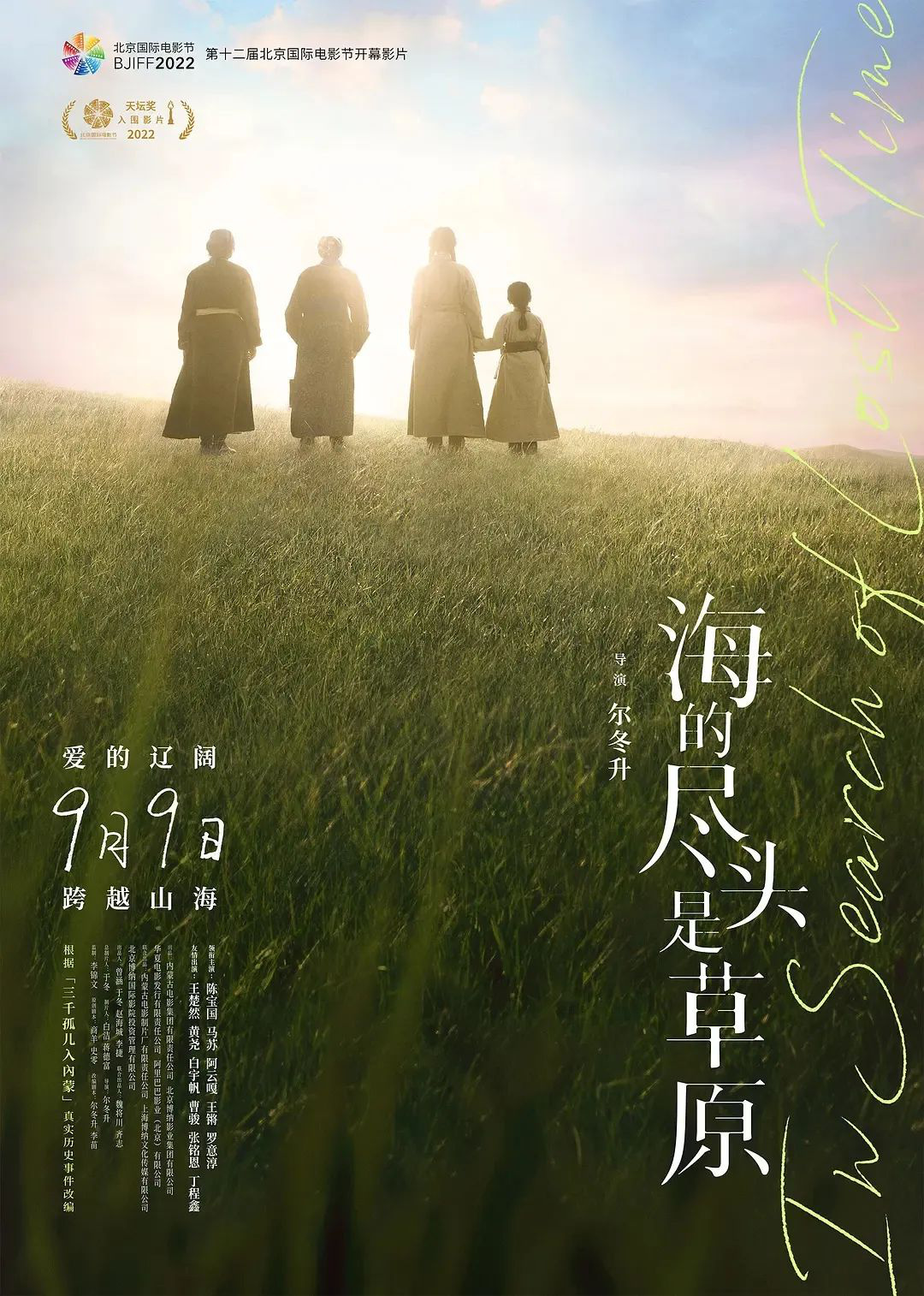

The story originated from two mothers:
60 years ago, a man namedDu sihengSome of the girls went to orphanages.
Sixty years later, my mother was suffering from Alzheimer’s disease and her consciousness was confused.
But what she is thinking about is the daughter she never saw again in her life.
She went to look for it alone, but she never got what she wanted.
Now, my brother Du Sihan shouldered this heavy burden and went to Inner Mongolia grassland to find his sister.
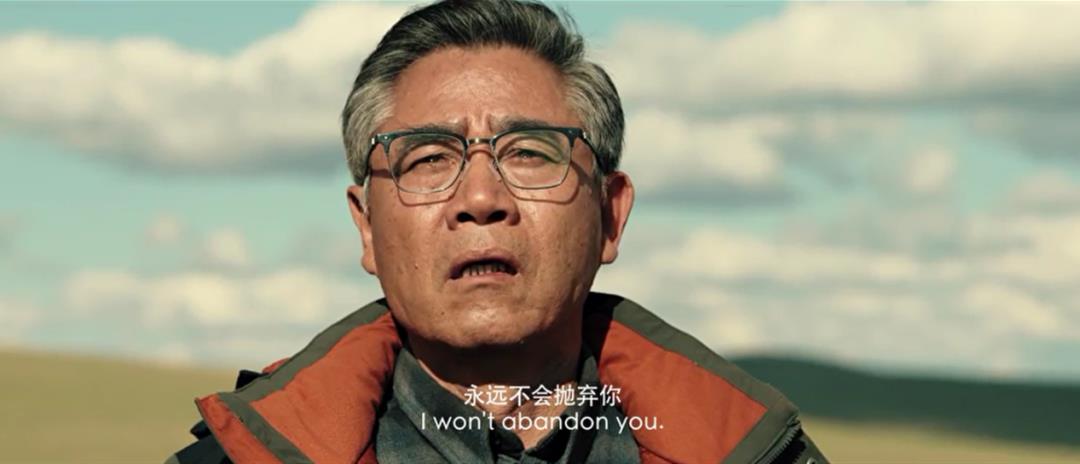
He never thought that the end he was looking for was not just his sister.
There is also a pure maternal love of "3,000 orphans entering Inner Mongolia".
Film, about a past event.
Three thousand orphans entered Inner Mongolia.
Briefly explain:
In the difficult period of 1960, the south was seriously affected, and a large number of orphans appeared. Facing these helpless children, Inner Mongolia not only undertook a lot of material assistance, but also the herdsmen opened their vast arms. There were almost 3,000 orphans from nursing homes in Shanghai and Changzhou. They took a series of trains going north and crossed more than half of China to Inner Mongolia, and formed a new family with simple and kind herders.
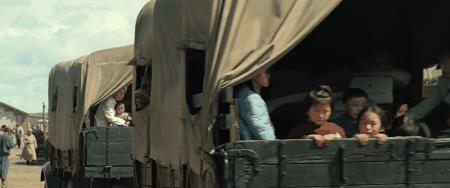
The Grassland at the End of the Sea is directed by Tung shing Yee, starring Chen Baoguo, Masu, Ayanga, Wang Qiang and Luo Yichun.
In ten o’clock’s view, this film is completely different from Tung shing Yee’s past realism and shock.
In "The Grassland at the End of the Sea", what he presents is unprecedented softness and delicacy.
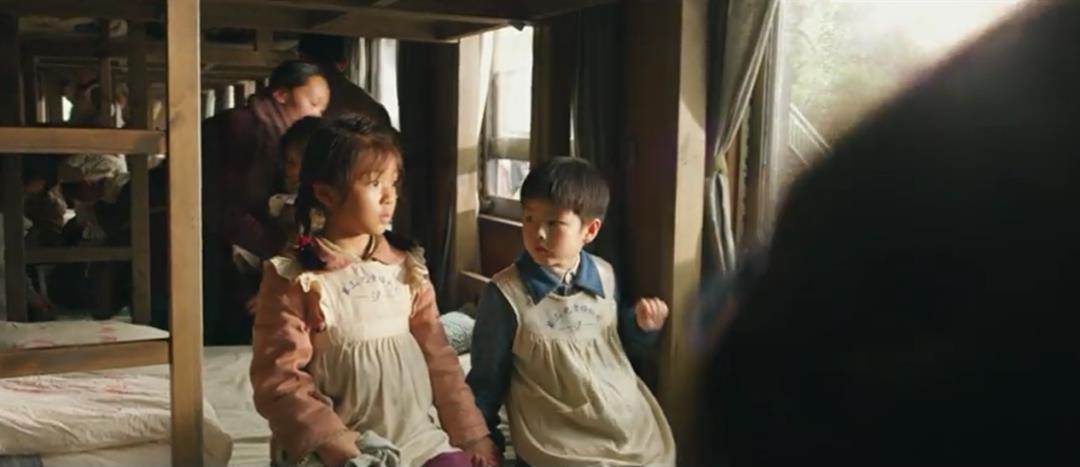
On the way to find it, my brother Du Sihan found a comrade from Inner Mongolia who came to the orphanage that year.
From their mouths, explore the road that my sister walked in the past.
From the distant Shanghai, where the mother’s shadow remains, to the vast grassland with different scenery.
In the yellowed old photo album, in the mouth of the staff who had taken care of orphans in the south, my sister’s face gradually became clear.
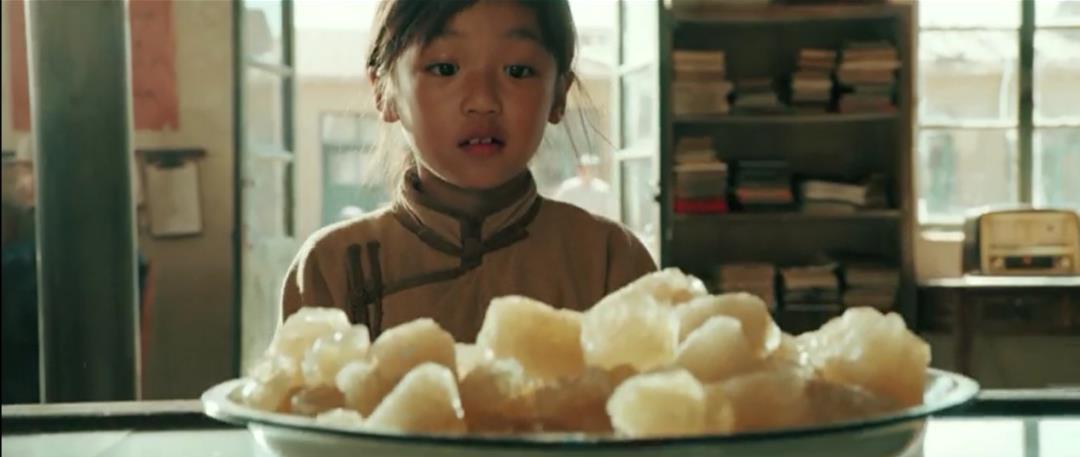
That is a stubborn child, always holding a small towel in his hand.
She was not acclimatized and fell ill on the way, and she didn’t get better for a long time.
It is also here that a pair of gentle hands took over the burden of taking care of Du Siheng.
child-care workerRenna Sa(Masu).
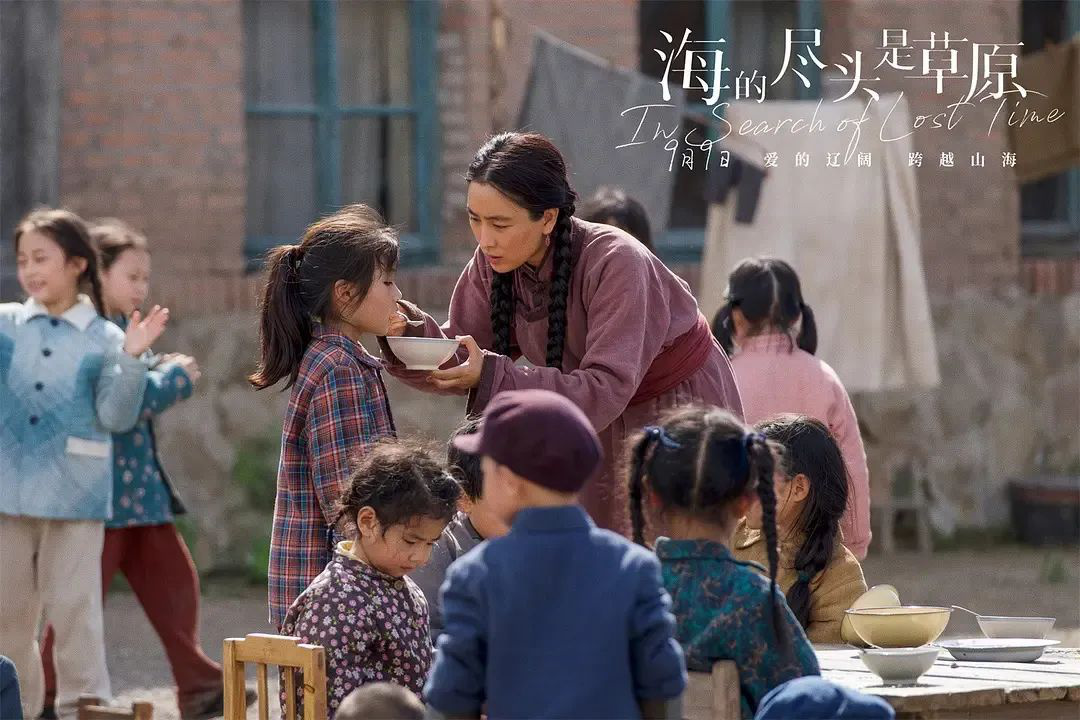
It is with these hands that the stubborn Du Siheng’s eyes gradually fell to the land under his feet from looking far away.
Under the loving care, she gradually got better and stronger.
The stubborn Du Siheng also fled again and again.
But she found that no matter how you cross the mountain and the sea, when you turn back, there is someone still waiting for you.
It belongs to Renna Sa’s arms. It is bloodless, but warm as a mother’s arms..


Motherly love, where does it come from and where does it belong?
Is it due to the hardship of pregnancy in October, the firm fetters of blood relatives, or is it born from the feelings raised for many years?
Perhaps for many people, there is always no solution.
But for Renna Sa, once a mother, she will always be a mother.
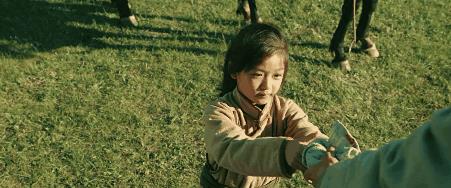
As long as the mother is there, it will give warmth to the children’s home.
Even if this home is not natural, it is never the most perfect circle in the ideal.
As a mother’s pain, in the film like a breeze:
Renna Sa’s husband is a militia, because he has been away for many years, and his own son Namuhan burned his throat with a high fever when he was a child.
But as a mother, the process of opening her arms to Du Siheng was so simple and natural.
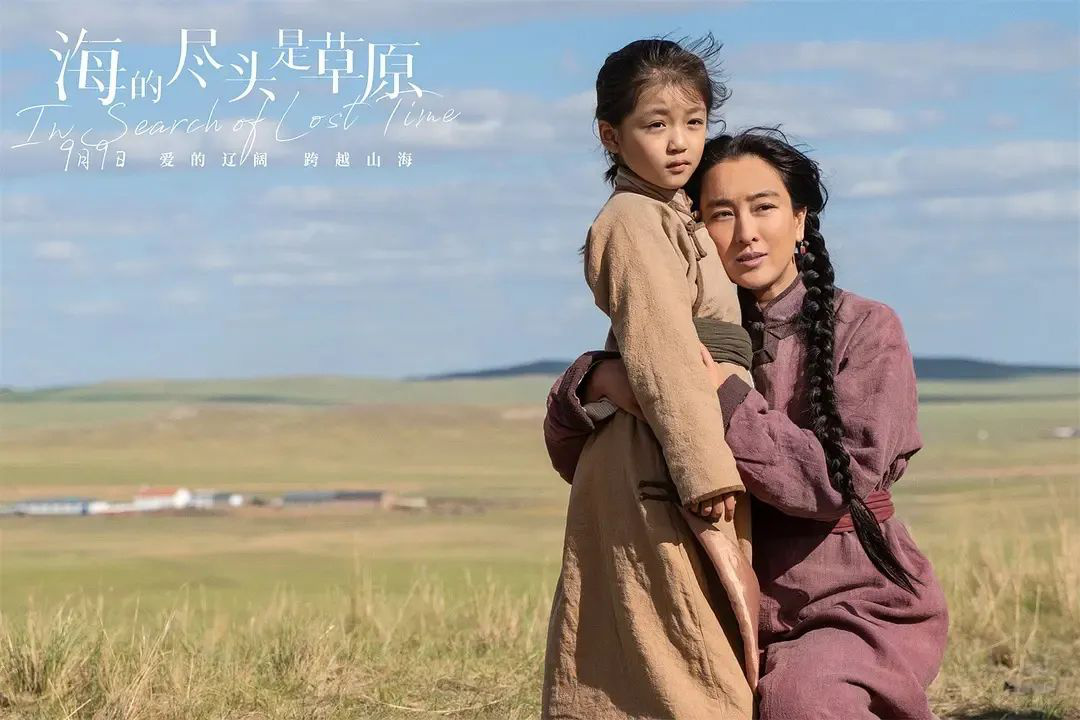
When God pushed the young Du Siheng to her, she just knew:
Taking good care of this child has become a part of her life.
Du Siheng can’t speak Mongolian, and even his own name can’t be understood.
She wrote her daughter’s Chinese name in the booklet she carried with her, and went to class with her daughter to learn the pronunciation of Du Siheng’s Chinese name, hoping to communicate with her daughter in Chinese.
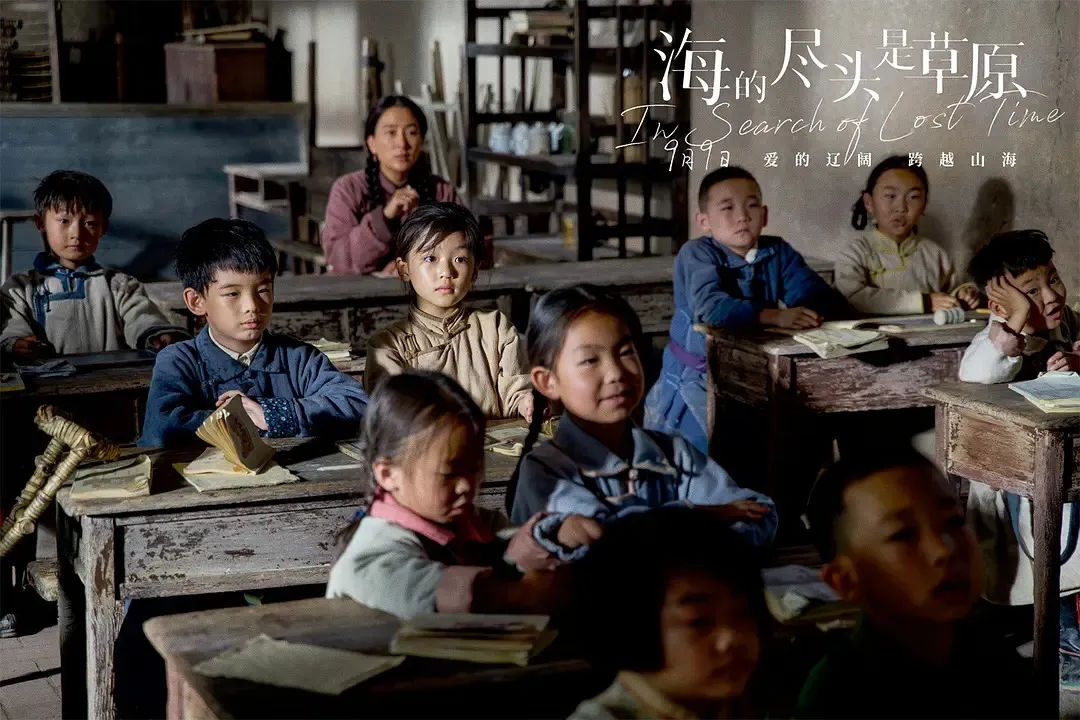
Children in the south can’t get used to the food on the grassland.
Du Siheng took a bite of the greedy milk tofu of his brothers and vomited.
Even with the sweet milk tea, I spilled it on the ground and turned my head and ran.
She is like a wounded little beast. It is unspeakable pain for her to escape from behind.
When he said nothing, Renna Sa knew everything.
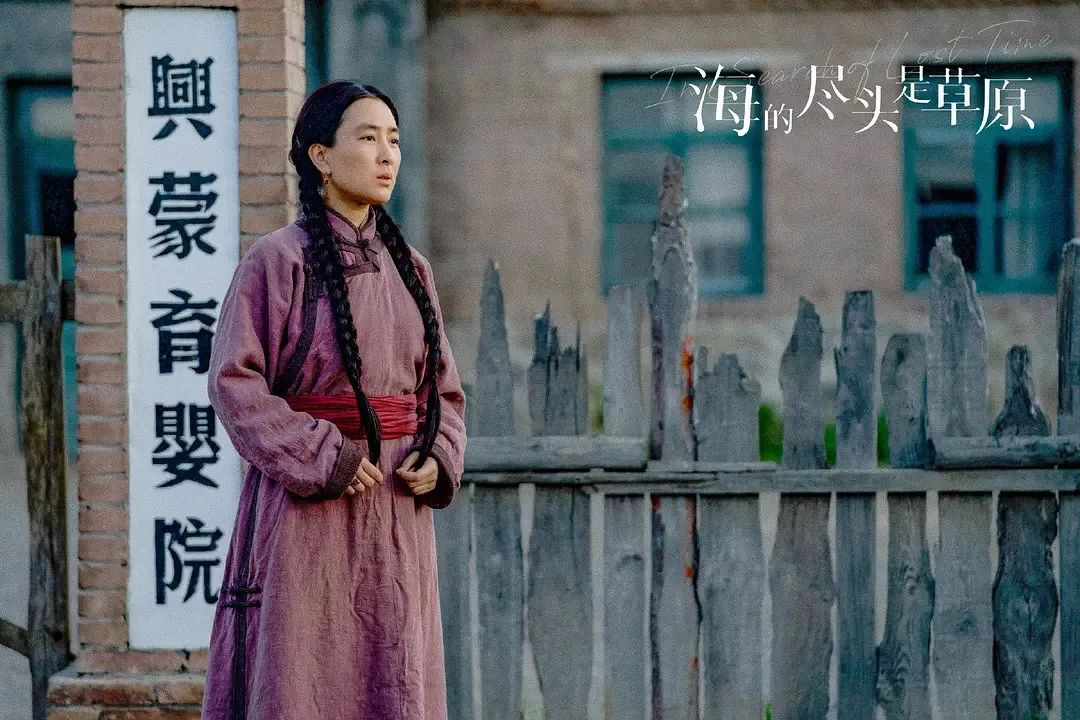
She didn’t blame or be disappointed, but let her brother Na Muhan catch up with Du Siheng and bring the injured child back to her mother’s shelter.
It is precisely because this love is not thicker than water, but selfless as the sea, which contains everything.
It also allowed this past event 60 years ago to dispel the painful sensation.
To sprout, grow and heal with feelings again, and replace them.
They say that herders on the grassland believe in fate.
The details that you remember at ten o’clock are also a story about fate.
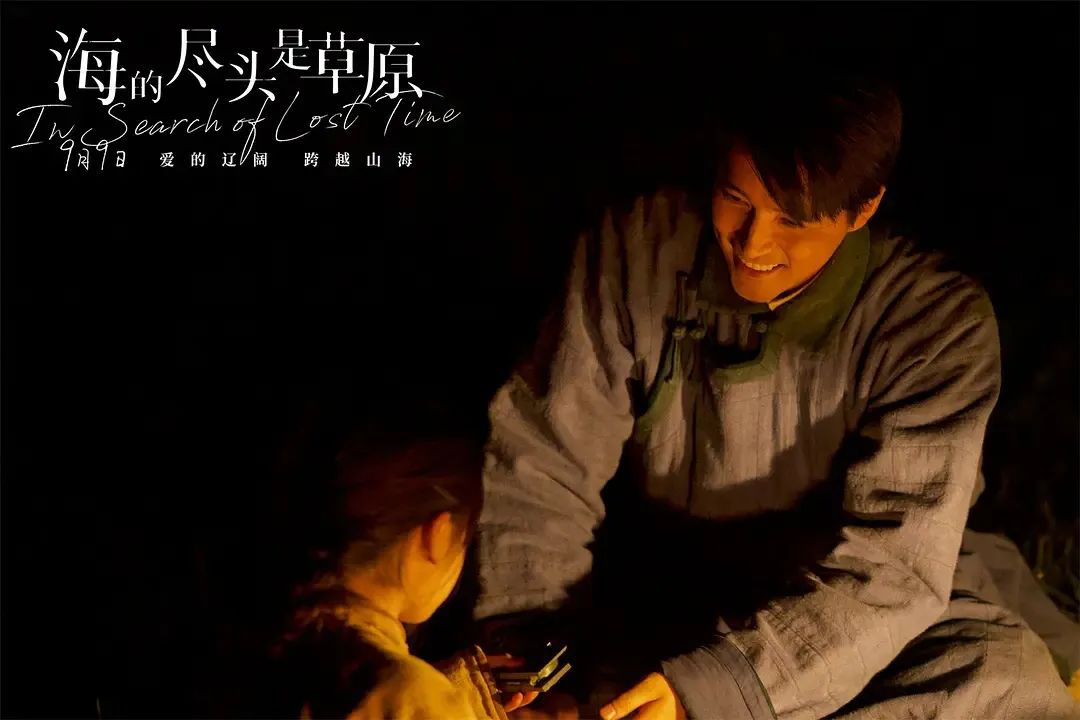
Yi Deer, her husband, returned from a military vacation and took his wife and children to visit Uncle Oqir, who had no relatives or children.
Yi Deer said that he and Uncle Oqir’s son were once good brothers who grew up together.
When faced with a prairie fire, Uncle Oqir’s son saved his life, but he died in the fire.
The most important person in life has left, and what remains for us is not only loss.
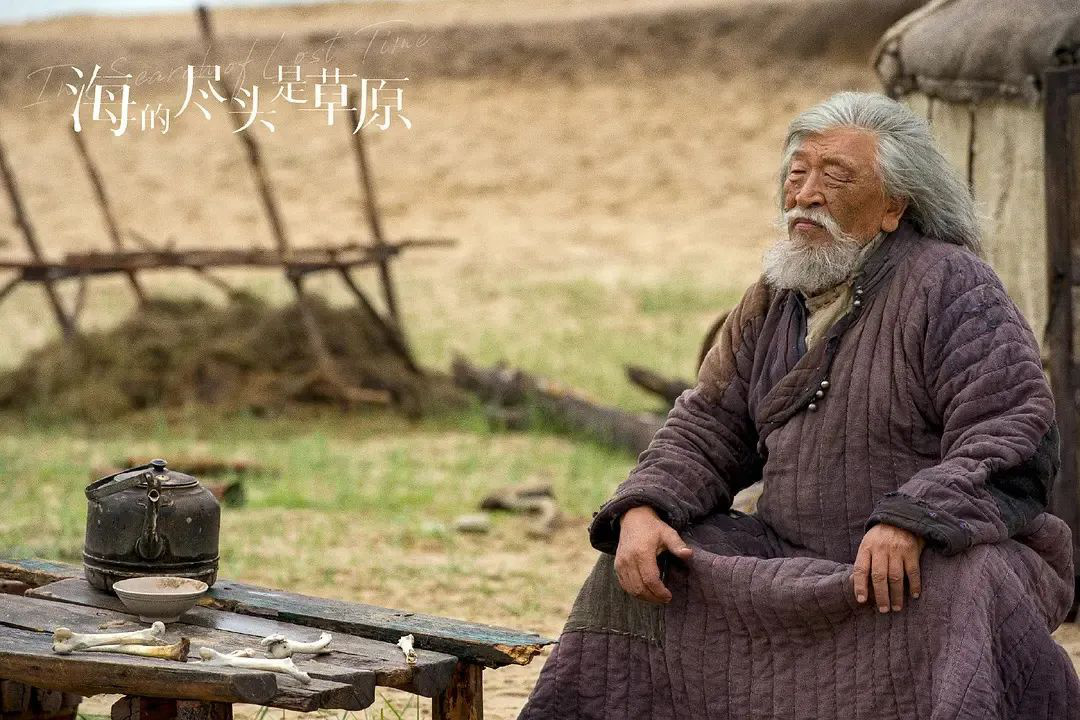
What Du Siheng sees is the tender love that can’t be burned by the fire, and ties the fate with us again.
Little Du Siheng, in the eyes of Yi Deer, may also gradually coincide with the shadow of his former friends.
When family ties take root and sprout, wherever love can touch, it is the warmth of healing.
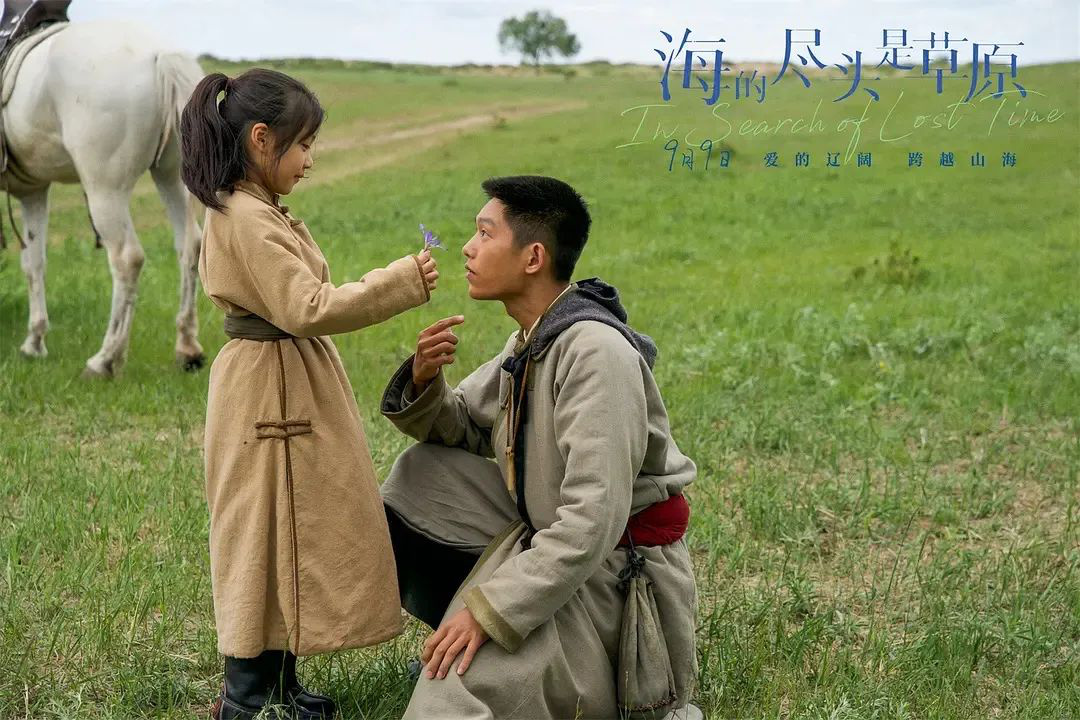

The maternal love in "The End of the Sea is the Grassland" is the spring breeze of the grassland to melt the rain and heal the scars.
It is also the stubborn recovery of the lost past by the biological maternal love, which never forgets and eventually echoes.
This trip to find relatives implies an unexpected ending.
Don’t worry, you don’t spoil it at ten o’clock.
Only the last scene of the film, it must be said, brought us endless touching.
Renna Sa, a 100-year-old foster mother, stood on the grassland to requite her "sisters" who had never met before.
Two mothers raise a daughter together. They never know each other, but they share a common maternal love.
Start with a search and end with peace of mind.
Love has brought the children so far that it is not just a miracle between two mothers that is finally born.
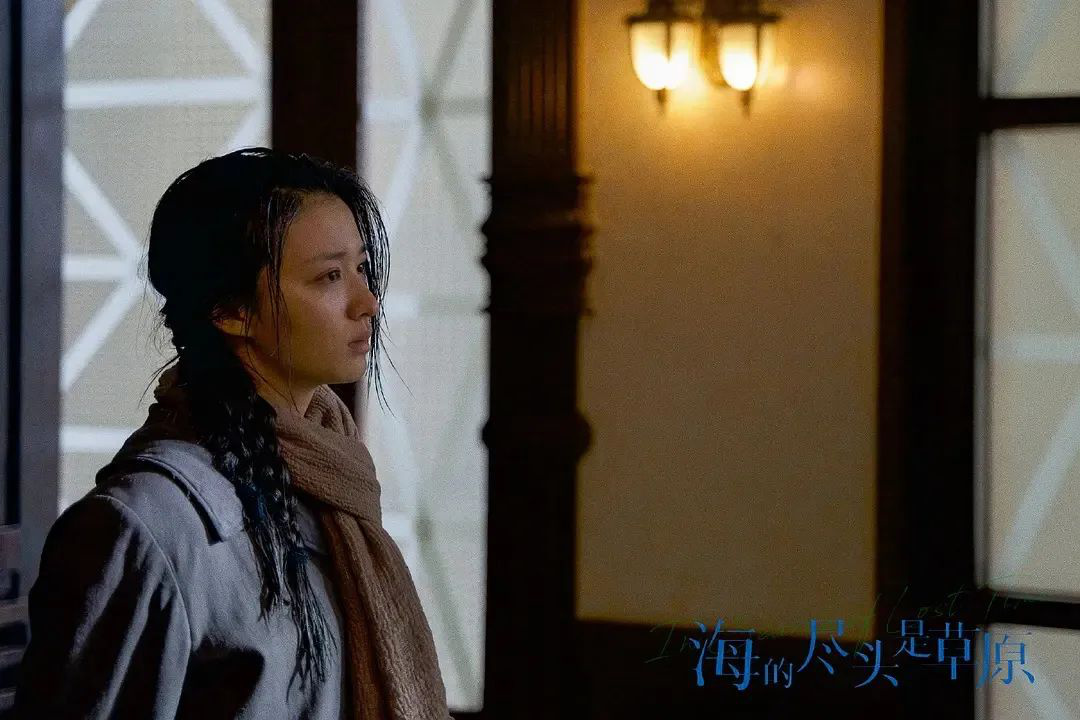
"Three thousand orphans enter Inner Mongolia", literally three thousand, actually includes tens of thousands of orphans sent to Inner Mongolia.
There are tens of thousands of mothers behind this, separated from their children in the pain of the times.
The children lost a mother, but gained love and protection in the broader national mind.
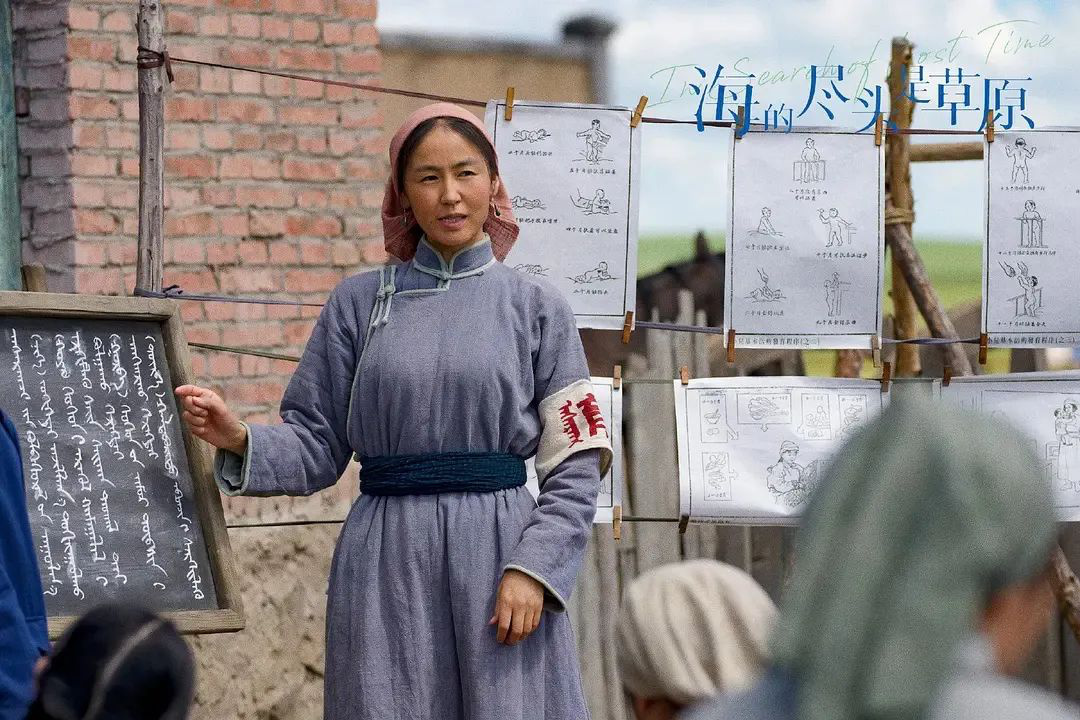
Here, in more than 500 days, 28 orphans were raised in Guima.
Zhang Fengxian, a heroic mother who adopted six children.
One by one, one alive, one strong.
The source of maternal love is blood.
However, maternal love is passed on from process to process, and finally transcends blood relationship and is passed on to children who are eager for love.
This is its natural place to come and the most natural place to return.
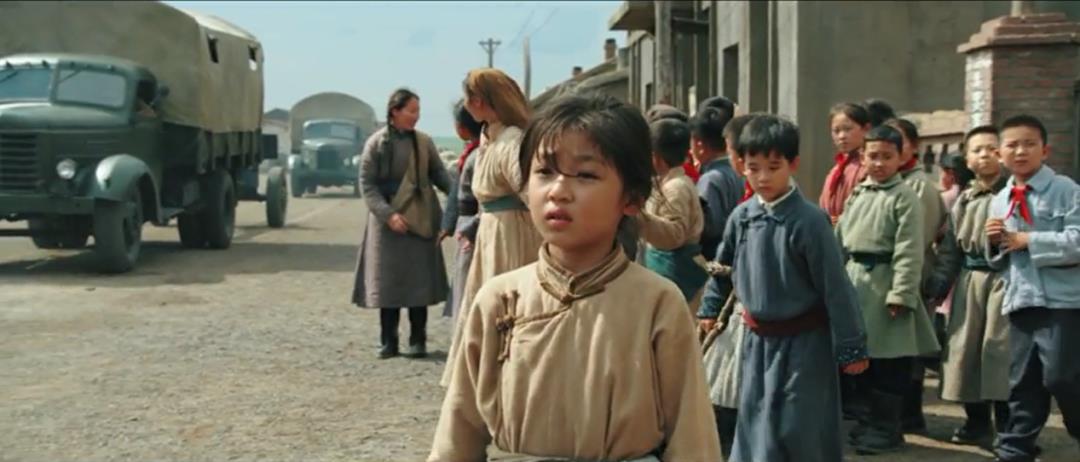
The pictures in this article are from the Internet. If there is any infringement, please contact and delete.
"Three thousand orphans in Inner Mongolia" has been written into history. Today, it is still a miracle rescue.
And "The Grassland at the End of the Sea", which recorded this history, has also been endowed with unique power by history.
For the audience, when they walk into the cinema, it not only meets our expectations of domestic films.
It is an eternal desire to fill people’s hearts:
After reading it, it seems to be bathed in the love that naturally comes, and my heart becomes soft and open.
This may be the power of warmth.
Bring courage and hope.
We will always be on this road of life, looking for the source of love and the direction of home.
